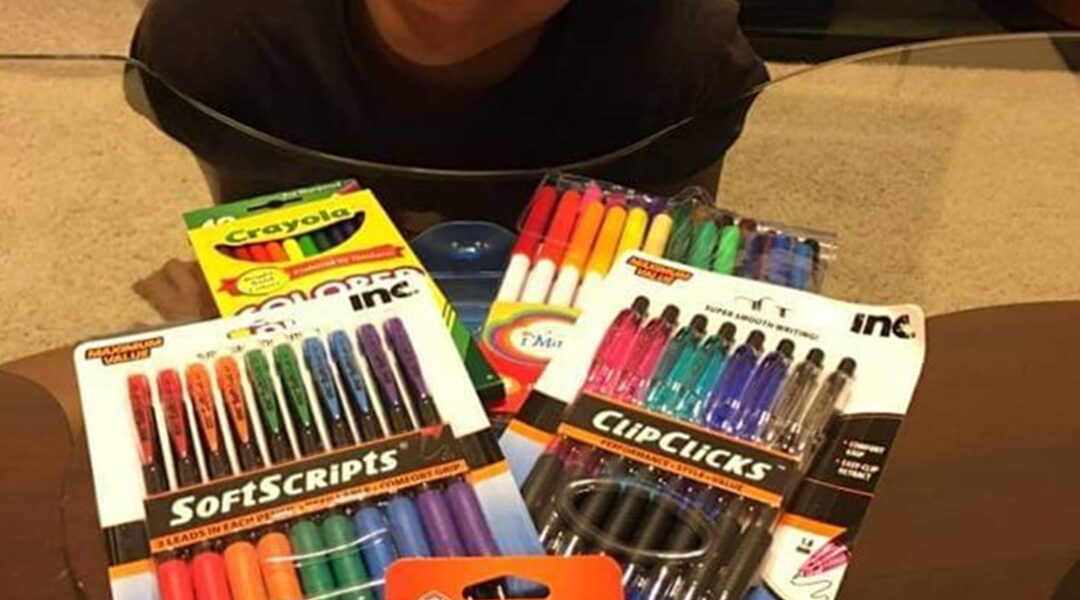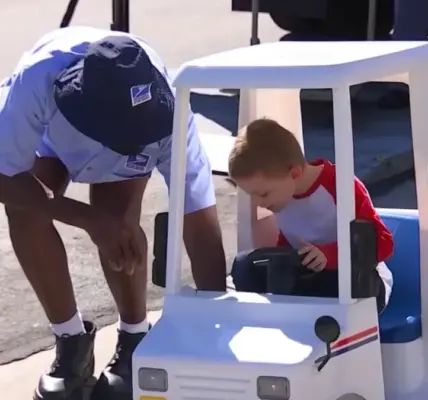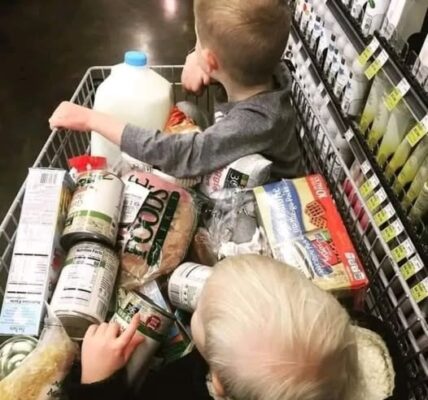
In every school, there is a child who seems to walk through the hallways with a weight heavier than their backpack. Not because of tests, not because of sports, not because of homework—but because of how others treat them. My little sister recently told me about one such boy in her class, and the story has been replaying in my mind ever since.
This boy is not the type who draws attention. He doesn’t crack jokes loudly, he doesn’t try to show off, and he doesn’t push his way into groups. Instead, he moves quietly through the day, often alone. For reasons that may not even be clear to him, he has become the target of teasing. He is the kind of student other children decide is “different,” and that difference becomes an invitation for cruelty.
Sometimes it’s subtle—whispers when he walks past, giggles exchanged behind his back. Other times, it’s blunt and harsh, like being left out of games or deliberately ignored when he speaks. And then there are the moments that sting the most: when all he asks for is something small, something ordinary, and is still pushed aside.
My sister said he often leans over shyly to ask if he can borrow a pencil, an eraser, or a piece of paper so he can finish his assignments. For many kids, lending out an extra pen is nothing—it costs nothing, takes nothing, and leaves no mark. But for him, the responses are rarely kind. Some students pretend not to hear. Others claim they don’t have an extra, even though their pencil case is full. A few go further, saying no outright, sometimes with a smirk, sometimes with an exaggerated eye roll.
One day, the cruelty went a step further. When another classmate considered sharing, someone shouted across the room, “Stop giving him stuff!” The words landed like a stone in the middle of the room, heavy and sharp. The boy froze, embarrassed.
The room went quiet for a beat, before the hum of normal chatter returned. But for him, nothing about that moment was normal. It was rejection, laid bare for everyone to see.
My sister, sitting nearby, felt her heart ache. She didn’t understand how such a small request could bring out such unkindness. She saw the way he lowered his eyes, the way he tried to make himself smaller, as though disappearing might save him from more humiliation. That night, she couldn’t stop thinking about it.
She didn’t tell anyone her plan—not her friends, not her teacher, not even me.
Quietly, she went to her room, opened the small jar where she kept her allowance savings, and counted what was left. It wasn’t much. She could have easily used it for a snack, a trinket, or something fun for herself. But as she looked at the coins and bills, she didn’t see what she could buy—she saw what he needed.
The next day, she walked into a store on her own. She picked up notebooks, pencils, erasers, and a few other basics. Nothing fancy, nothing flashy—just the essentials that would mean he no longer had to beg for scraps of kindness. She carried them home and tucked them carefully into her schoolbag.
The following morning, when the class was still settling in, she slipped over to his desk. She didn’t announce anything, didn’t make a show of it. She simply placed the supplies in front of him with a small smile and went back to her seat. No one clapped. No one cheered. Most of the room probably didn’t even notice. But to him, that small gesture was everything.
For the first time in a long while, he didn’t have to worry about asking for help only to be denied. He had his own tools, his own independence, and, maybe most importantly, the knowledge that at least one person had seen him—not as a problem, not as an inconvenience, but as a human being who deserved dignity.
When my sister told me the story later, I felt a rush of pride that almost left me speechless. She’s young, but she understands something many adults still struggle with: kindness isn’t about grand gestures or public praise. It’s about seeing someone’s quiet need and choosing to meet it, even when no one else does.
The world often feels overwhelming with its headlines of cruelty, selfishness, and division.
But then, in the middle of it all, there are moments like this—moments that remind us not everything is lost. My sister may not realize it, but she carries within her a light that cuts through the shadows others create.
I told her later how proud I was of her. She shrugged it off, almost embarrassed by the attention. To her, it was simple: he needed help, she could help, so she did. She didn’t see herself as a hero. But in my eyes, she is one.
I think about that boy often. I wonder how it felt to sit there with supplies finally his own, given not out of pity but out of genuine care. I wonder if, years from now, he’ll remember that someone once stood quietly by his side when others turned away. I hope he does. Because sometimes, one act of kindness in childhood plants a seed that blooms into resilience, confidence, and the courage to keep going.
And I think about my sister—this girl with a heart of gold, who sees what others don’t, who acts when others hesitate. She reminds me that the most powerful lessons don’t always come from teachers or books, but from the quiet bravery of choosing empathy in a world that too often rewards the opposite.
When I look at her, I don’t just see my sister.
I see hope. I see the proof that goodness exists, even in the smallest hands. And I feel grateful—grateful to call her not only my family but also my home base. Because in her, I see the best of what we all should be striving for: kindness without condition, love without hesitation, and courage without applause.




